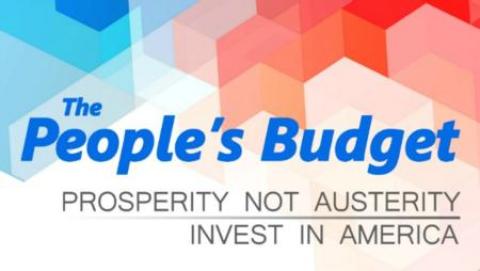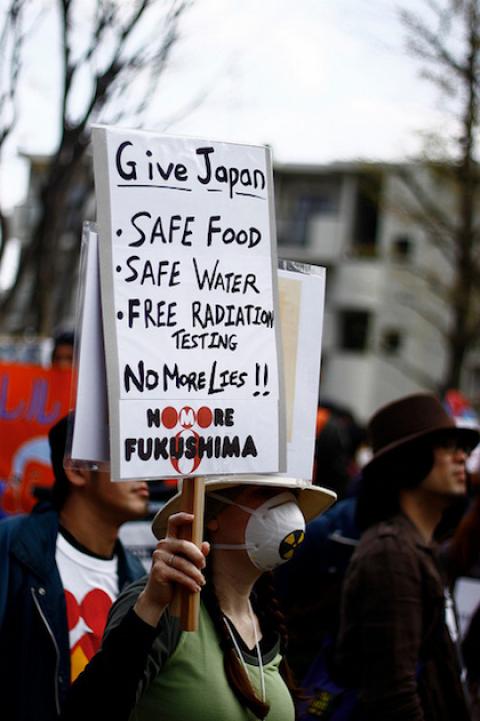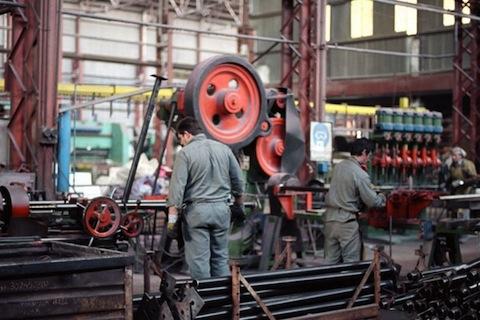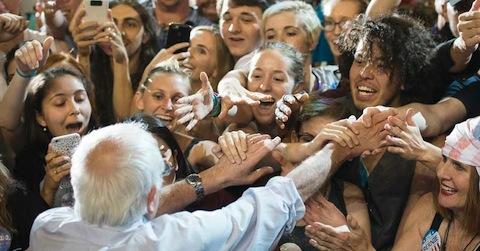How Bernie Sanders Has Built A Multi-Racial Anti-Austerity Campaign
Shadowproof

Donna Murch, an associate professor at Rutgers University reacts to activists who shut down Donald Trump’s rally in Chicago. She responds to Hillary Clinton’s statement on what happened, and how it relied upon coded language. We highlight the Clintons’ records with African Americans. The discussion expands into a full assessment of the successes and struggles which Bernie Sanders’ presidential campaign has had with Black voters.










Spread the word